Home>diy>Building & Construction>Which Is Cheaper, Building Or Buying A House
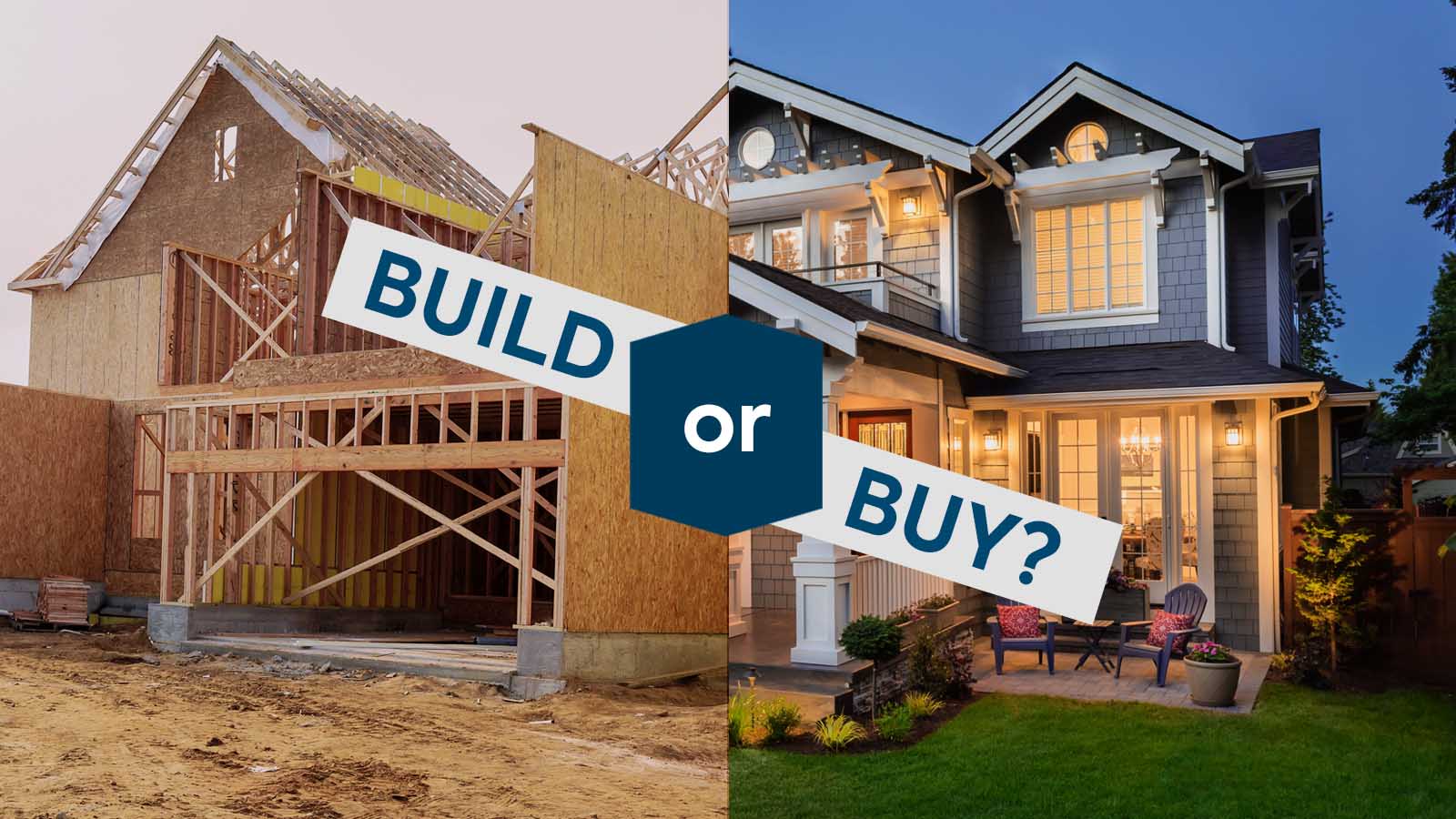

Building & Construction
Which Is Cheaper, Building Or Buying A House
Modified: December 7, 2023
Find out whether building or buying a house is the more affordable option. Explore the costs and benefits of building-construction to make an informed decision.
(Many of the links in this article redirect to a specific reviewed product. Your purchase of these products through affiliate links helps to generate commission for Storables.com, at no extra cost. Learn more)
Introduction
When it comes to having a place to call home, there are generally two options: building a house from scratch or buying an existing property. Both options have their advantages and disadvantages, and deciding which route to take can be a challenging decision. One of the key factors that influences this decision is cost. Understanding the expenses associated with building and buying a house is crucial in making an informed choice.
In this article, we will explore the factors to consider when deciding between building or buying, delve into the costs associated with each option, and weigh the pros and cons of both approaches. By the end of this article, you will have a clearer understanding of which option may be more suitable for your specific circumstances.
Key Takeaways:
- Building a house offers complete customization but comes with higher upfront costs, longer construction timelines, and potential uncertainties. Consider your budget, time constraints, and willingness to take on risks.
- Buying a house provides convenience and immediate occupancy, with potential for immediate equity. However, limited customization and possible repair costs should be carefully considered. Consult with professionals to make an informed decision.
Factors to Consider
Before diving into the cost comparison between building and buying a house, it is essential to consider several factors that can influence your decision. These factors include:
- Location: The location plays a significant role in deciding whether to build or buy a house. Consider factors such as proximity to schools, workplaces, amenities, and the overall desirability of the area.
- Time: Building a house from scratch requires time and patience. If you need a home quickly, buying an existing property may be a more viable option.
- Customization: Are you looking for a home tailored to your specific needs and taste? Building a house allows for customization, whereas buying an existing property often requires compromises.
- Financial Stability: Assess your financial situation and determine how the costs of building or buying a house align with your budget. Consider factors such as down payments, monthly mortgage payments, and potential renovation or repair expenses.
- Long-term Plans: Are you planning to settle down permanently or is this a short-term investment? Understanding your long-term plans can help determine which option aligns better with your goals.
By carefully considering these factors, you can better determine which option, building or buying, fits your needs and circumstances.
Cost of Building a House
Building a house from scratch offers the advantage of customization, but it also comes with its own set of costs. The expenses involved in building a house can vary significantly depending on factors such as the size of the house, the location, construction materials, and design specifications. Here are some key costs to consider:
- Land Acquisition: The first major cost when building a house is purchasing the land on which the house will be built. The price of land can vary greatly depending on location and size.
- Architectural Design: Hiring an architect to design your house is an important step. This cost will depend on the complexity and size of the project.
- Permits and Inspections: Before construction begins, you may need to obtain permits and undergo inspections, which come with associated fees.
- Construction Materials: The cost of construction materials, including foundation, framing, roofing, plumbing, electrical, and finishing materials, can significantly impact the overall cost.
- Contractor Fees: If you decide to hire a general contractor to manage the construction process, their fees will be an additional expense to consider.
- Labor Costs: Hiring skilled workers for various tasks, such as carpentry, plumbing, electrical work, and painting, adds to the overall cost.
- Additional Features: Adding features like landscaping, fencing, driveways, and interior upgrades will incur additional costs.
It is important to note that building a house can be a complex process, and unexpected costs can arise along the way. Therefore, it is advisable to have a contingency fund in place to account for any unforeseen expenses.
Cost of Buying a House
Buying a house, unlike building from scratch, provides the advantage of convenience and immediate occupancy. However, it is essential to understand the costs associated with buying a property. The expenses involved can include:
- Purchase Price: The purchase price of a house is the most significant cost when buying. It varies based on factors such as the location, size, condition, and demand for the property.
- Down Payment: When purchasing a house, a down payment is typically required. The size of the down payment will depend on the price of the house and the type of mortgage you choose.
- Closing Costs: These are the fees associated with finalizing the purchase of the house and transferring ownership. Closing costs may include appraisal fees, title search fees, attorney fees, and loan origination fees.
- Home Inspection: It is advisable to conduct a professional home inspection before purchasing a house. This will help identify any potential issues or repairs needed, which may have cost implications.
- Moving Costs: Once the purchase is complete, there are additional costs associated with moving belongings to the new property.
- Renovations/Repairs: Depending on the condition of the house, there may be a need for renovations or repairs. These costs can vary greatly depending on the extent of the work required.
- Property Taxes and Insurance: After buying a house, you will be responsible for property taxes and homeowner’s insurance. These costs vary depending on the location and size of the property.
It is crucial to thoroughly consider the costs associated with buying a house to determine if it aligns with your budget and financial goals.
Pros and Cons of Building a House
Building a house offers several advantages and disadvantages that are important to consider before making a decision. Here are some pros and cons of building a house:
Pros:
- Customization: Building a house allows for complete customization. You can design the layout, choose the materials, and incorporate personalized features that fit your preferences and lifestyle.
- Newer Infrastructure: With a newly constructed house, you can benefit from modern infrastructure, energy-efficient systems, and the latest building technologies. This can result in lower maintenance costs and improved energy efficiency.
- Personal Satisfaction: Building your dream home from scratch can be a fulfilling and rewarding experience. It gives you a sense of accomplishment and allows you to create a space that truly reflects your personality and style.
- Potential Value Appreciation: If you choose the right location and design, there is the potential for your newly built home to increase in value over time, providing a return on your investment.
Cons:
- Time and Effort: Building a house can be a time-consuming process, requiring careful planning, coordination, and decision-making. Delays and unexpected challenges can prolong the construction timeline.
- Higher Costs: Building a house from scratch tends to be more expensive compared to buying an existing property. The cost of land, materials, and labor can add up quickly, potentially exceeding your initial budget.
- Uncertainty: While you have control over the design and construction process, there is always the risk of unexpected issues arising during construction, such as delays, budget overruns, or design flaws.
- Minimal Immediate Equity: Unlike buying a house, where you may have immediate equity, building a house often means starting with little to no equity until the house is completed and the value increases over time.
Consider these pros and cons carefully to determine if building a house aligns with your preferences, lifestyle, and financial situation.
Pros and Cons of Buying a House
Buying a house offers both advantages and disadvantages that should be carefully considered before making a decision. Here are some pros and cons of buying a house:
Pros:
- Convenience: Buying a house provides the convenience of immediate occupancy. You can move into your new home without waiting for the construction process to be completed.
- Established Neighborhood: When you buy a house, it is often located in a well-established neighborhood with amenities such as schools, parks, and shopping centers already in place.
- Historical Value: Older houses can have unique architectural features and a sense of history that many people find charming and desirable.
- Mature Landscaping: Existing properties often have mature landscaping with well-established trees, gardens, and outdoor living spaces, providing an inviting environment.
- Potential for Immediate Equity: Buying a house has the potential for immediate equity. If the property appreciates in value or if you make improvements, you can increase your wealth without waiting for the property to be built.
Cons:
- Limited Customization: When buying a house, there may be limited opportunities for customization. You may need to compromise on certain aspects of the house layout or design.
- Potential Repairs and Maintenance: Depending on the age and condition of the house, there may be repair and maintenance issues that you need to address. These costs can add up over time.
- Possible Higher Purchase Price: In competitive real estate markets, the purchase price of a house can be higher compared to building a new home. It is essential to consider affordability and weigh the potential costs.
- Possibility of Undisclosed Issues: When buying an existing property, there is a risk of hidden issues that may not be apparent during the initial viewing. Conducting thorough inspections is crucial to identify and address any potential problems.
- Less Energy Efficiency: Older houses may have less energy-efficient features, leading to higher utility costs. Upgrading the insulation, windows, or HVAC system may be necessary to increase energy efficiency.
Considering these pros and cons will help you make an informed decision about whether buying a house is the right choice for you.
Comparison of Building vs. Buying
Now that we have explored the pros and cons of building and buying a house, let’s compare the two options side by side to help you make a decision that suits your needs:
Cost Considerations:
Building a House:
- Higher upfront costs, including land acquisition, design, permits, and construction materials.
- Potential for customization, but may exceed your initial budget.
- Longer construction timeline, which can result in additional expenses.
Buying a House:
- Purchase price of the house, which can vary based on location, size, and condition.
- Closing costs and possible renovation or repair expenses.
- Potential for immediate equity and lower upfront costs compared to building.
Customization and Personalization:
Building a House:
- Complete customization and the ability to design a home that suits your specific needs and preferences.
- Opportunity to incorporate modern infrastructure and energy-efficient systems.
Buying a House:
- Limited customization options, with the need to adapt to the existing layout and features.
- Potential for unique architectural features and a historical charm.
Time and Convenience:
Building a House:
- Requires a longer time commitment due to the design and construction process.
- Opportunity for personal satisfaction and fulfillment in creating your dream home.
Buying a House:
- Immediate occupancy and convenience, as the house is ready to move in once the purchase is complete.
- Established neighborhoods and mature landscaping.
Risks and Uncertainties:
Building a House:
- Potential for unexpected issues during construction, such as delays, budget overruns, or design flaws.
- Requires careful planning, coordination, and decision-making to mitigate risks.
Buying a House:
- Risk of undisclosed issues that may only come to light after the purchase.
- May require repairs or renovations, adding to the overall cost.
Ultimately, the decision to build or buy a house depends on your personal preferences, financial situation, and long-term plans. Consider your budget, time constraints, desired level of customization, and willingness to take on potential risks. Consulting with a real estate professional or a builder can help you evaluate your options and make an informed decision.
Conclusion
Deciding whether to build or buy a house is a significant decision that requires careful consideration. There are advantages and disadvantages to both options, and understanding the factors involved can help you make an informed choice.
If customization and personalization are essential to you, building a house offers the opportunity to create a home tailored to your specific needs and taste. However, it comes with higher upfront costs, a longer construction timeline, and potential risks and uncertainties along the way.
On the other hand, buying a house provides convenience and immediate occupancy. It allows you to benefit from established neighborhoods, mature landscaping, and the potential for immediate equity. However, you may have to compromise on customization options and potentially deal with repairs or renovations.
The cost considerations, time commitment, and your long-term plans are crucial factors to weigh when making your decision. Take into account your financial stability, desired level of customization, and willingness to take on the responsibilities and risks involved in each option.
Consulting with real estate professionals, builders, and financial advisors can provide valuable insights and guidance as you navigate through the decision-making process. Ultimately, the best choice will depend on your individual circumstances and what aligns with your preferences, lifestyle, and financial goals.
Remember, whether you choose to build or buy a house, the ultimate goal is to have a place you can call home, where you can create lasting memories and enjoy the comfort and security that homeownership brings.
Frequently Asked Questions about Which Is Cheaper, Building Or Buying A House
Was this page helpful?
At Storables.com, we guarantee accurate and reliable information. Our content, validated by Expert Board Contributors, is crafted following stringent Editorial Policies. We're committed to providing you with well-researched, expert-backed insights for all your informational needs.

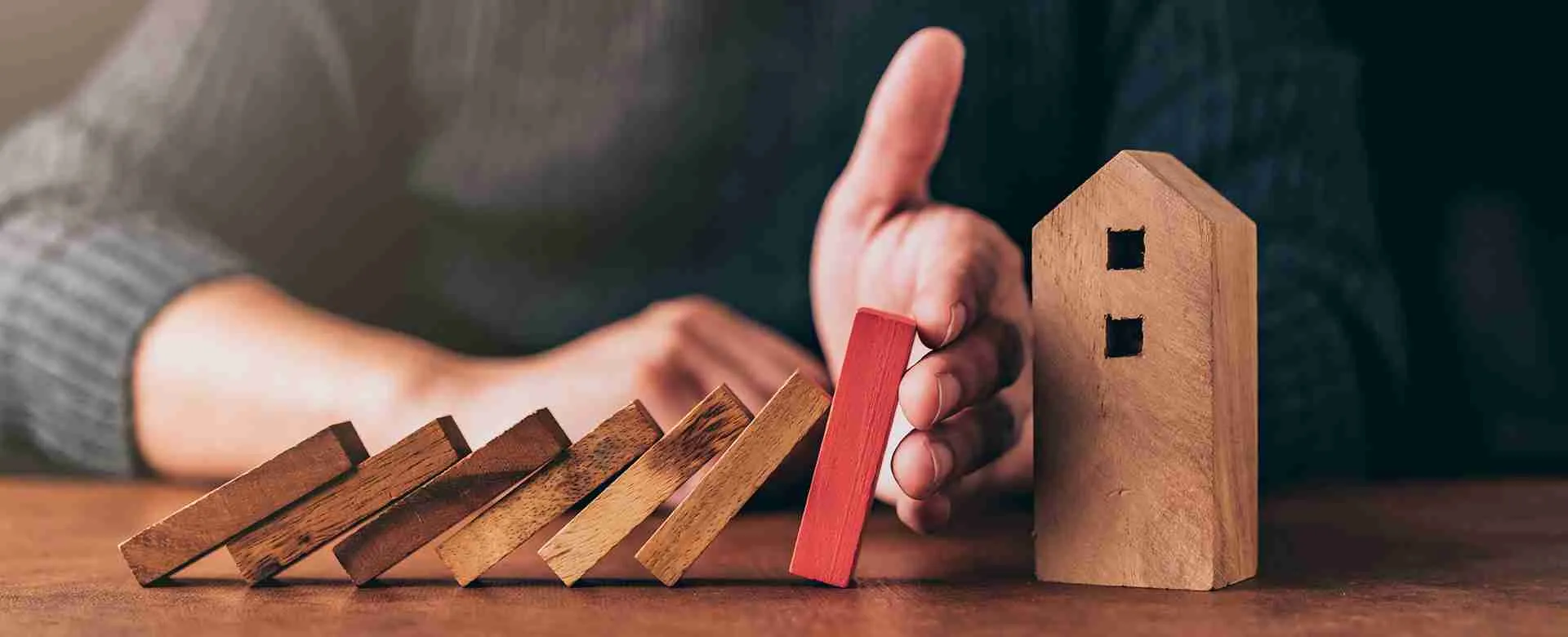
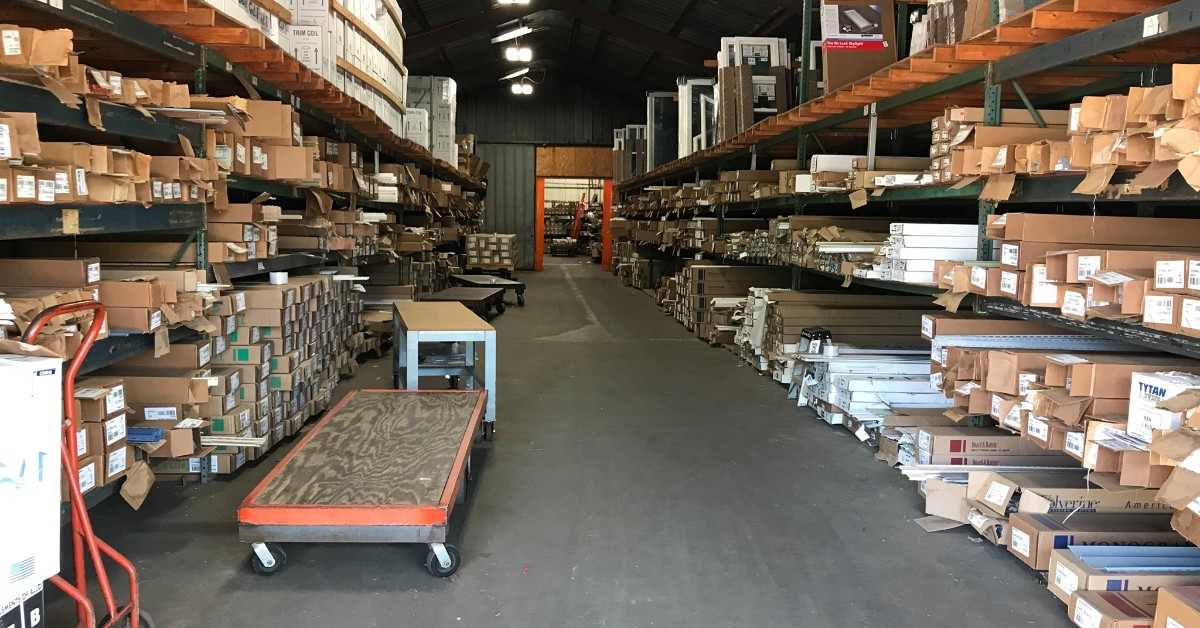
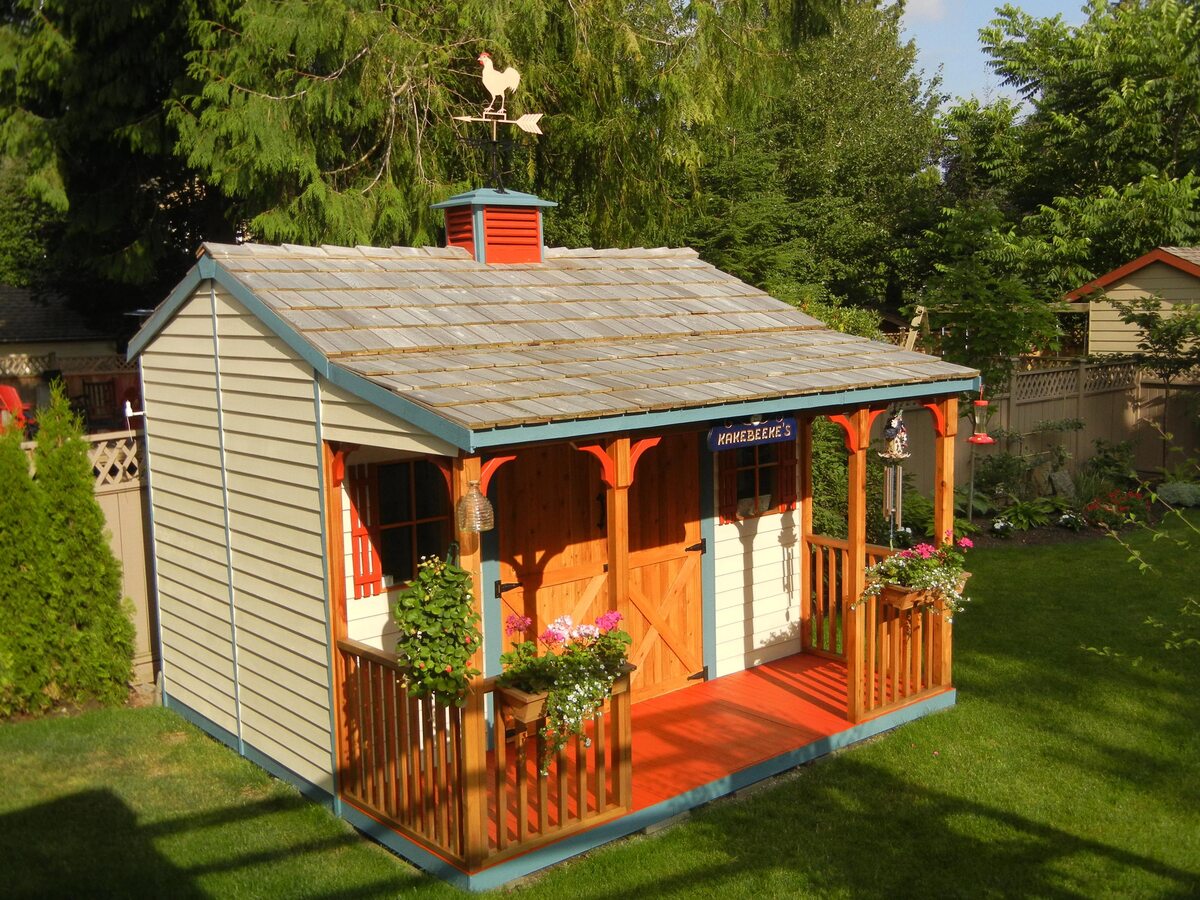
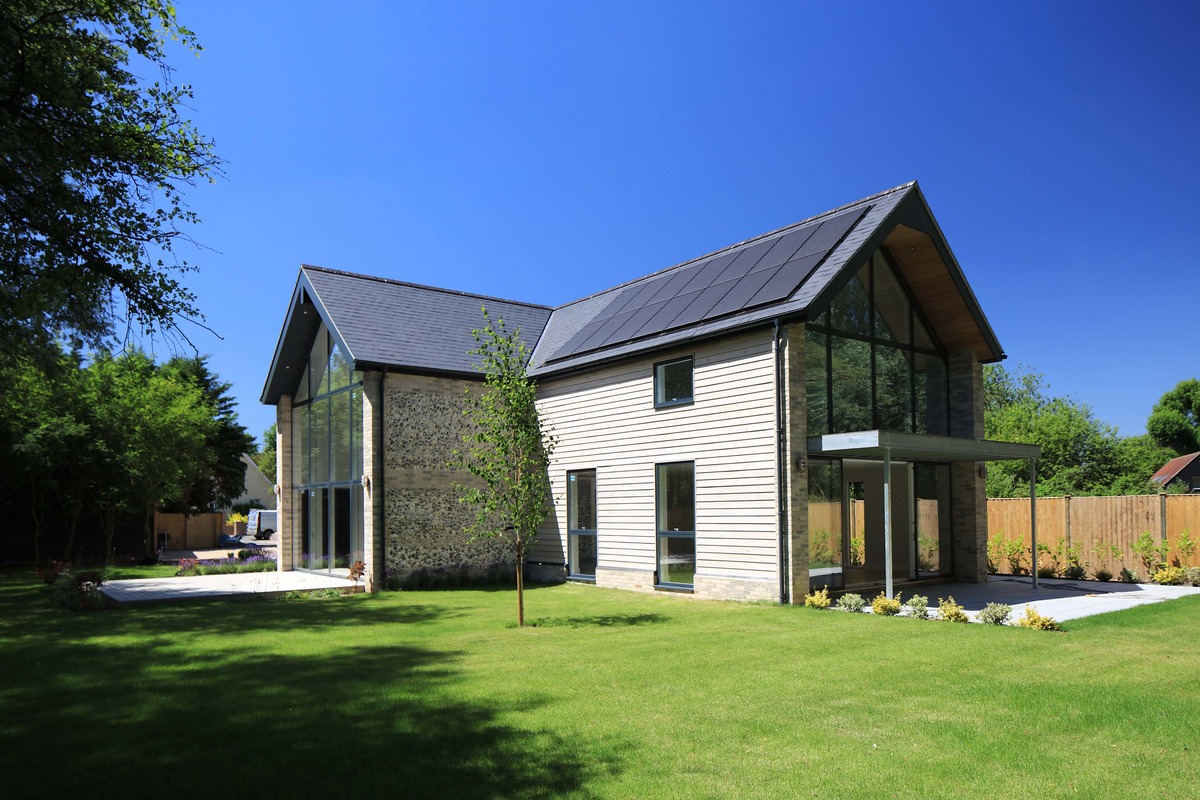


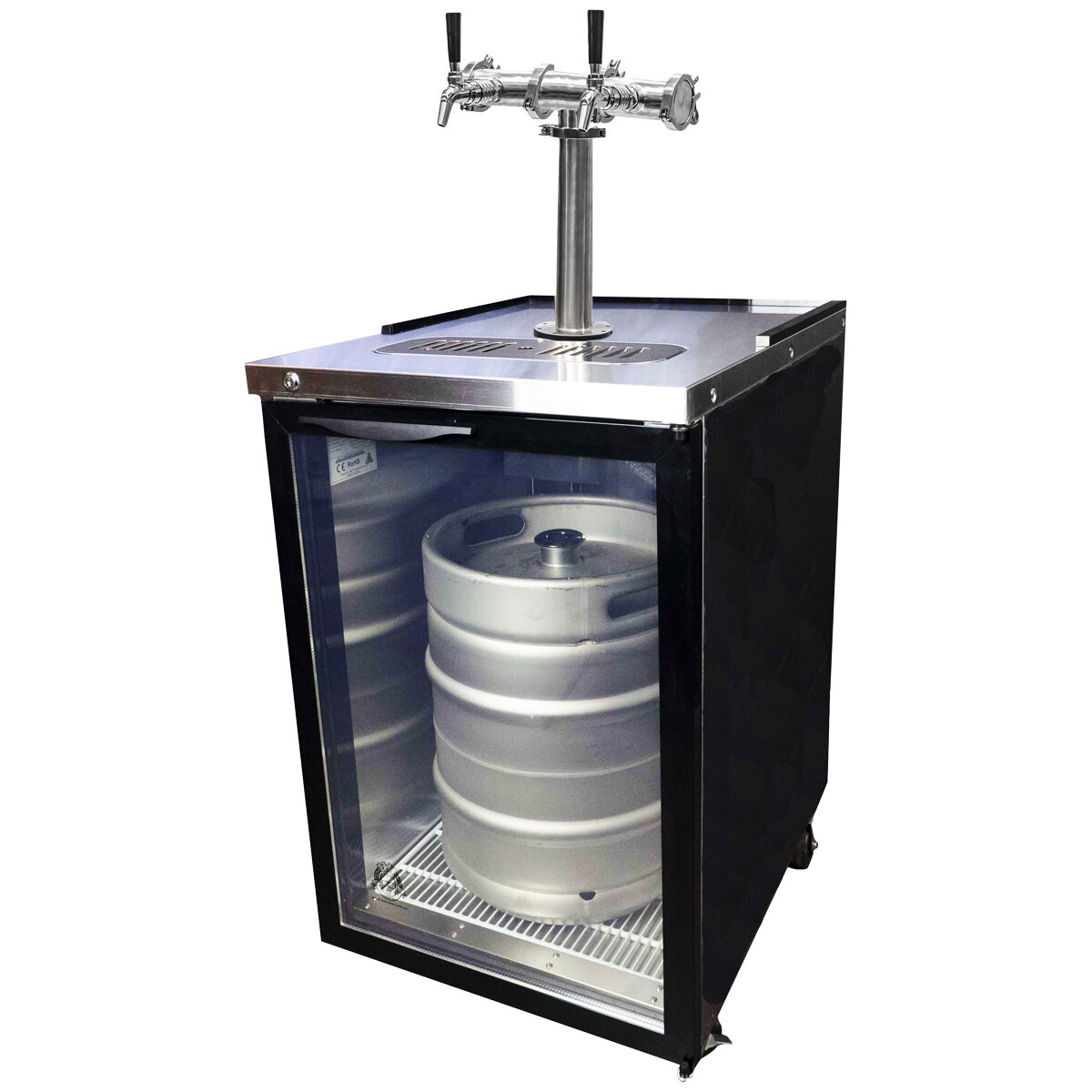
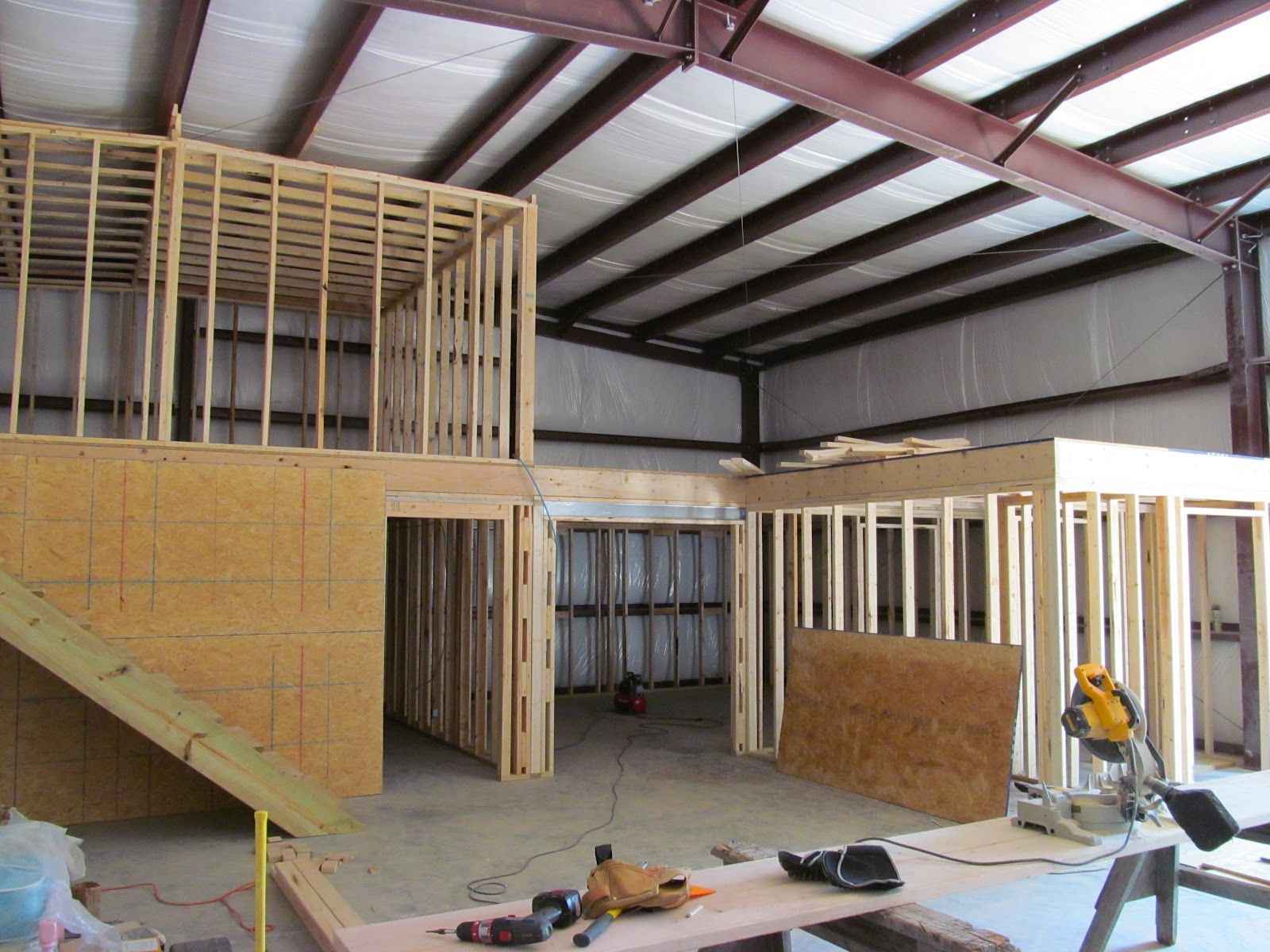
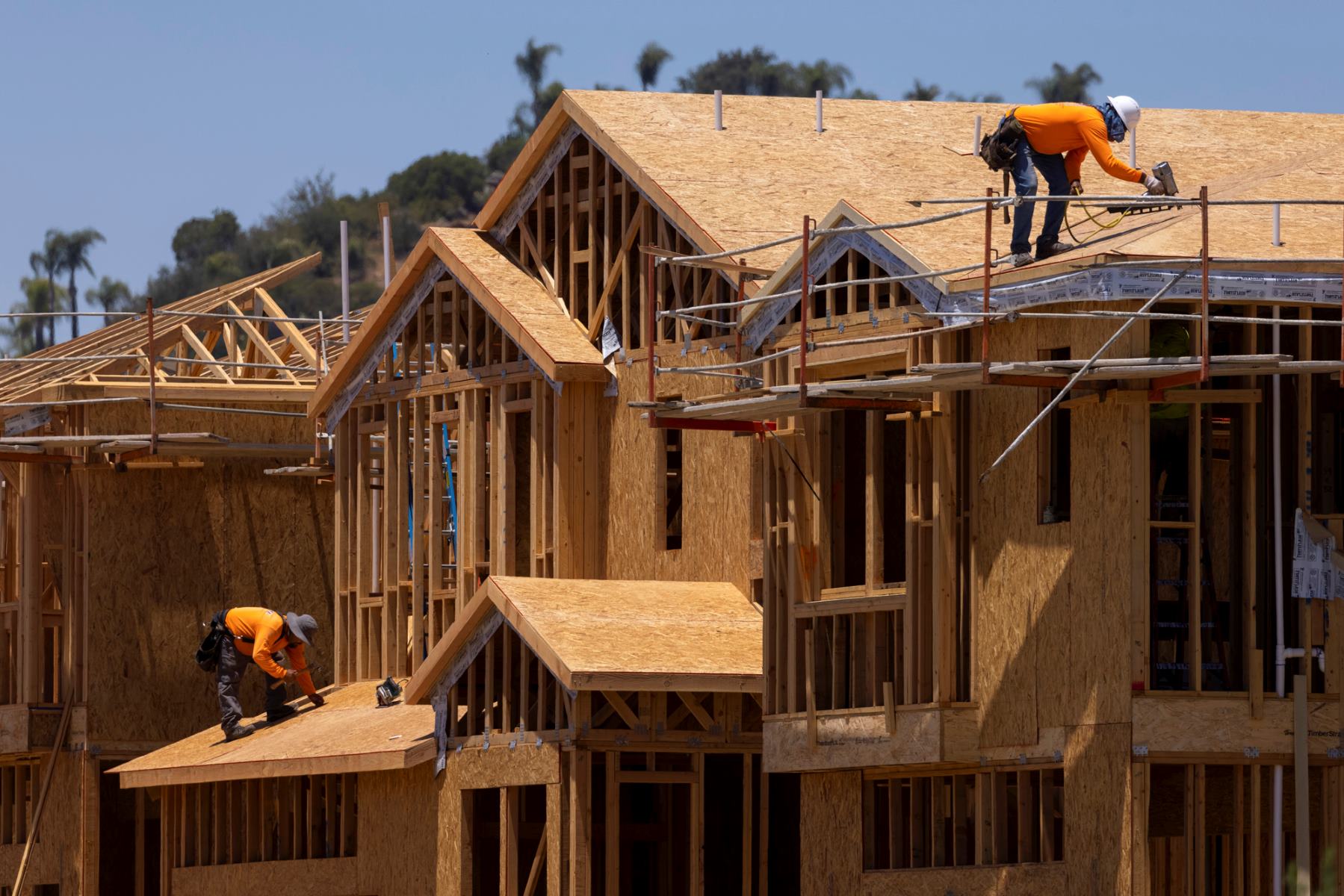
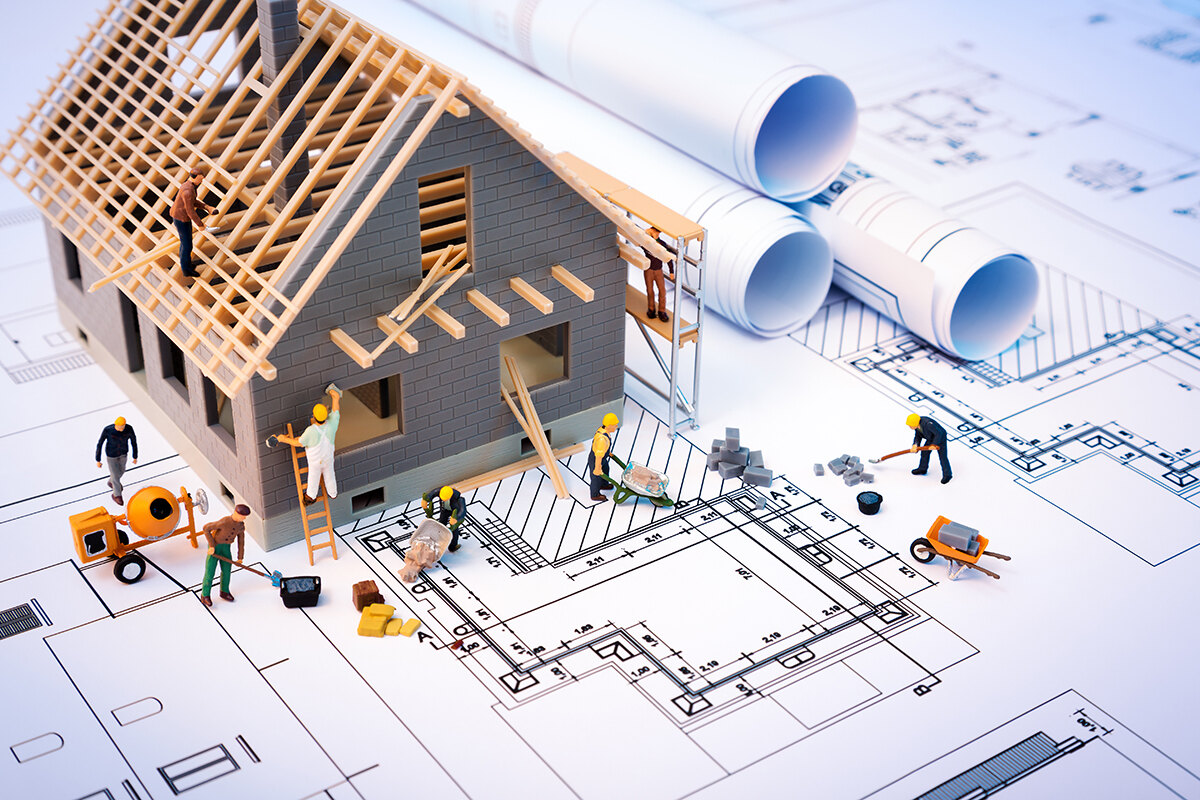
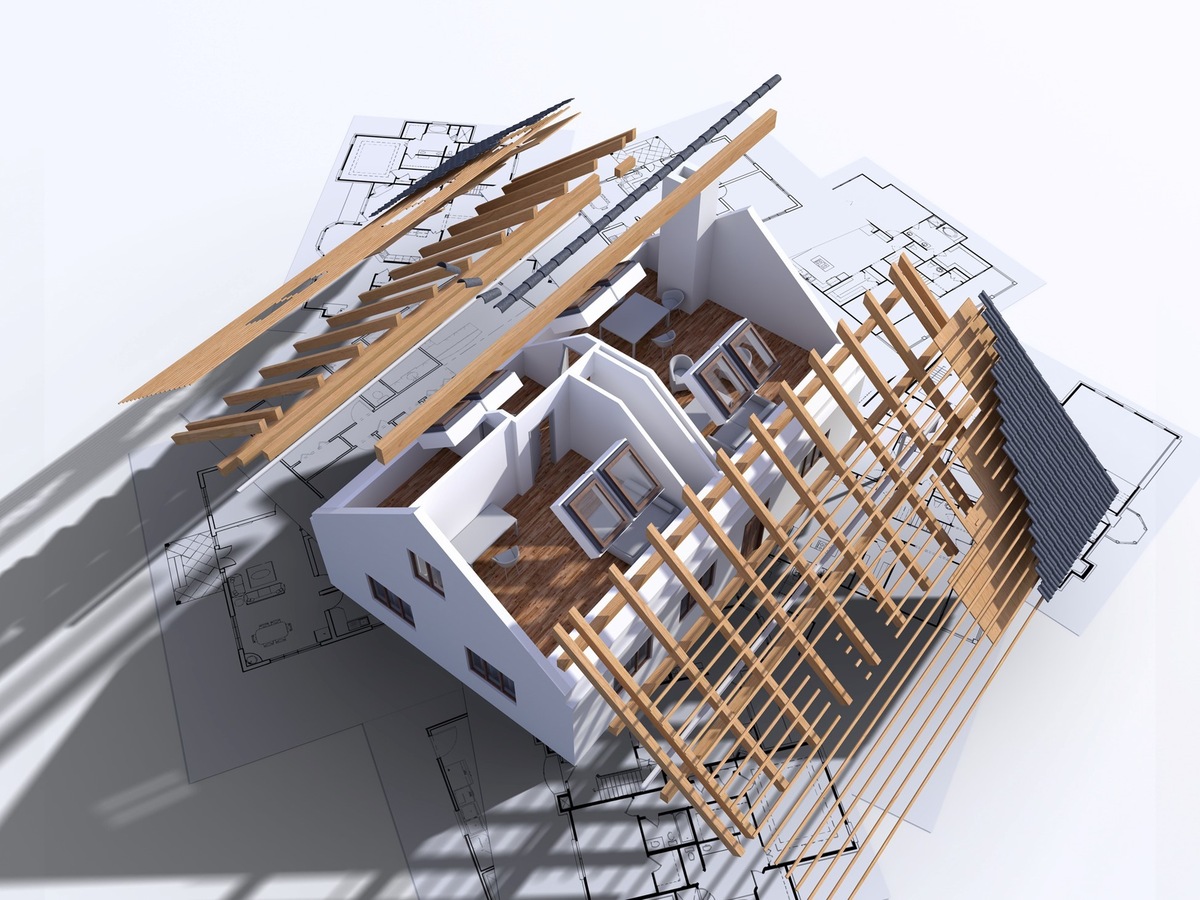

0 thoughts on “Which Is Cheaper, Building Or Buying A House”